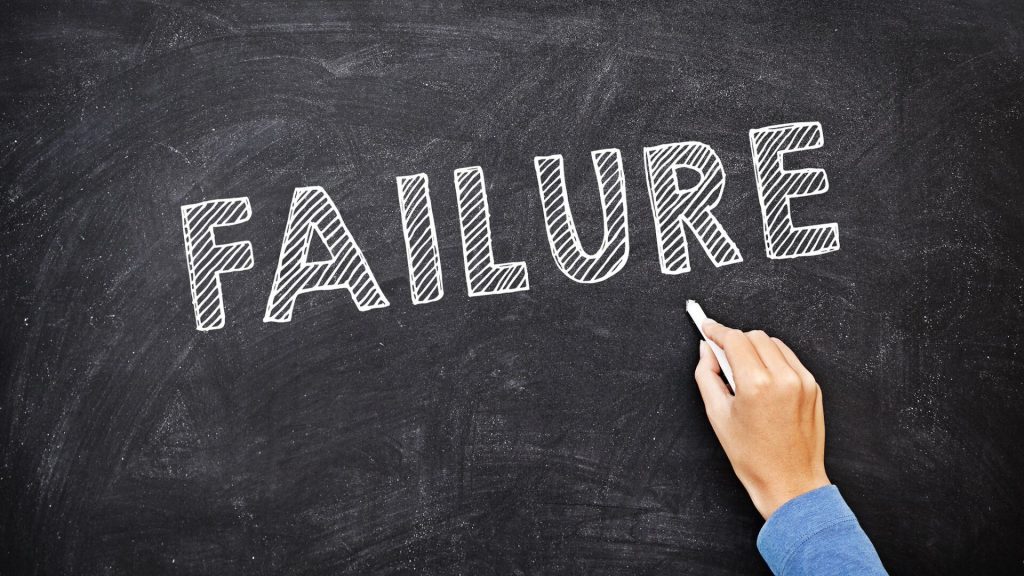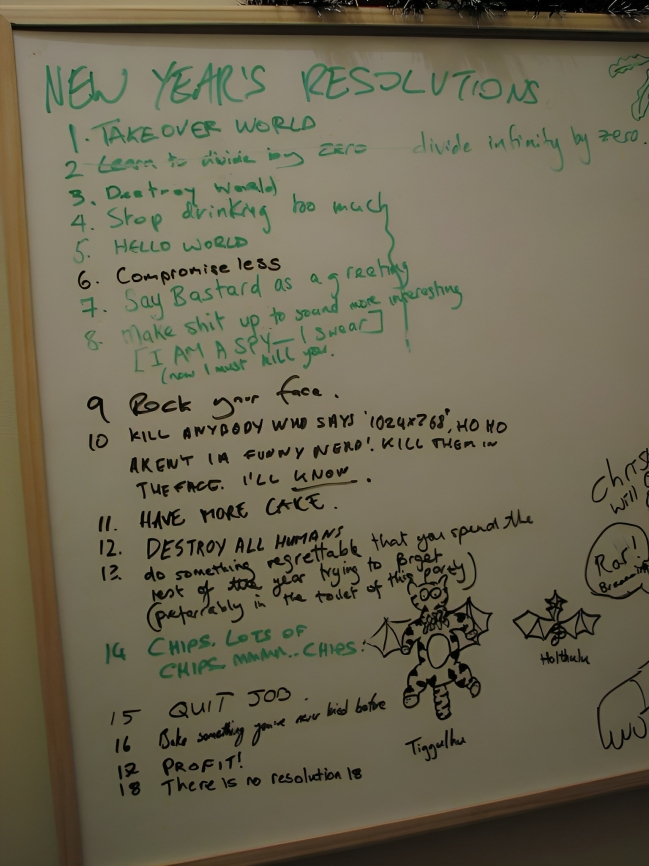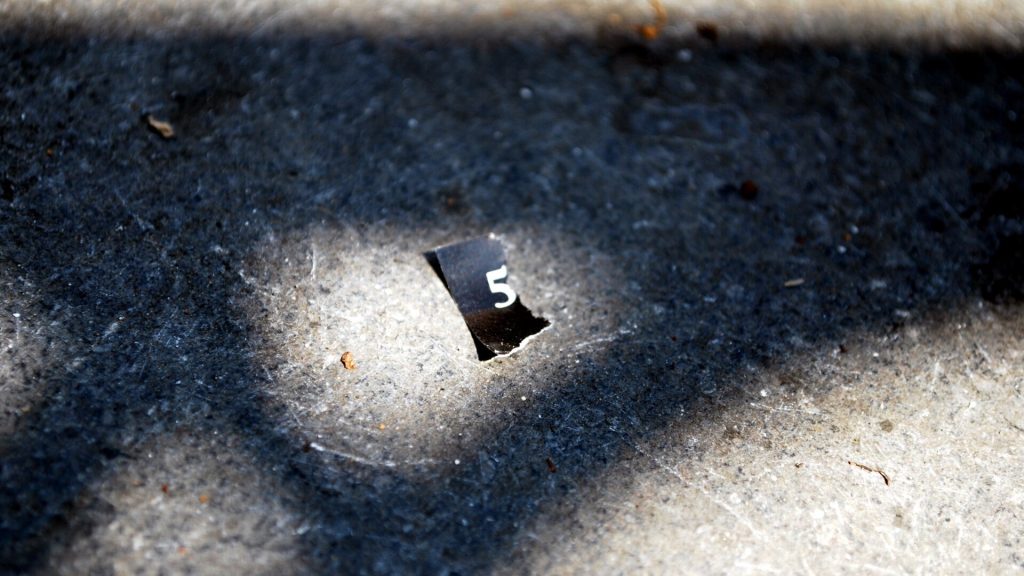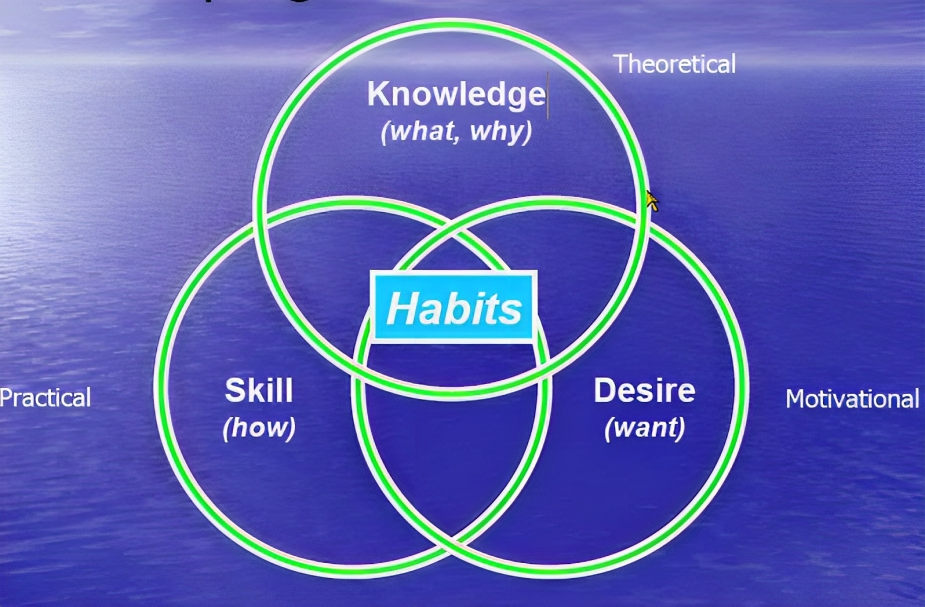We’ve all been there – we plan to do something in the new year, which never happens. Or we start doing something and fail to make the habit stick. Is there a way to ensure your New Year’s resolutions don’t fall by the wayside? Let’s examine why this happens and what you can do about it.
New Year’s Resolutions Are Not a New Thing

Most people don’t know, but New Year’s resolutions have existed since Ancient Babylon. During the civilization’s New Year celebration, which lasted a whopping twelve days, they would crown a new king and make resolutions that would make them better people in the next year.
This tradition passed on through time and came into popular favor as a way to live better lives in the seventeenth and eighteenth centuries. It also became intertwined with religion, and New Year’s Eve midnight masses became quite popular. Today, we celebrate it in several ways but keep the resolution part of the proceedings.
Why New Year’s Resolutions Are Important

Resolutions give us a way to better ourselves in the coming year. They take the form of new habits we want to implement or old habits we want to break. The new year is a great way to do this since it gives us a solid starting point and potentially an endpoint (the end of next year) to achieve a goal.
Part of the motivation comes from allowing us to envision our “new and improved” selves. This projection is a beautiful way to imagine where our success will lead us and help to motivate us as we move forward. It promises better things, but is this way of thinking helpful?
We Might Be Setting Ourselves Up For Failure

Most people fail to realize their New Year’s resolutions. Recent studies have shown a mind-blowing 91% of people fail at their New Year’s resolutions. What causes this massive failure rate? This could come down to many factors that may change how we see ourselves.
The goals we choose may be non-specific. We might look at goal-setting rather than habit-building (which is better for the long term). We might set the bar too high. We might have an all-or-nothing mentality. Finally, our resolution might have no bearing on our daily lives. Each of these things leads to failure.
Keeping Your New Year’s Resolutions

How do you succeed at ensuring your resolutions work out, then? Looking at the above issues we run into, we just have to adjust each of these to ensure we hit our goals and set our targets appropriately. This might require us to change our mindset slightly and take a realistic look at our situations.
The first thing we ought to do is make sure we have a solid goal. If you want something, but there’s no way to measure your success, then you won’t know how close you are to getting there. Put a solid goal in place and set up milestones to show your progress to your final success.
Look At What You’re Doing and Improve On It

One of the ways we fail at New Year’s resolutions is by trying to implement something entirely new into our lifestyles. Instead, we should be looking at the things we’re already doing and seek to improve on those things to make us better people.
A practical way to do this would be to examine the things we know we’re not great at and set a schedule to improve ourselves. Skills that require practice, for example, get a lot better the more you practice them. These resolutions are more likely to succeed since they play into what we’re already doing.
Line Up Your Goals With Who You Are

While it might seem obvious that your resolutions should align with what brings you joy, many people choose things that make them miserable instead. Instead of choosing the “right” thing to do, choose the “right” thing for you and your personality.
Consider what motivates you and brings you joy in life. Examine the reasons you abandoned the previous resolutions. Look at last year’s accomplishments and see which brought you the most joy. By thinking along these lines, you create a mindset that lines up your goals with what you’re doing.
Take The Small Wins When They Appear

Remember what we said about setting goals and putting milestones in place? It’s not just a measure of your success but a motivator as well. Our brains are more likely to keep doing something when they see some level of success at it.
To add the icing to the cake, you should reward yourself with something fun every time you complete a milestone. This not only makes you look forward to hitting the milestone but also gives you the momentum to keep up with your resolution. It’s a win-win situation for you.
Don’t Sweat The Small Stuff

The biggest enemy we have to achieving our goals is ourselves. We put mental blocks in front of ourselves, leading us to quit or avoid the things we know we want to do. It’s okay to have a fail day now and again. It’s normal, especially for long-term goals.
The most important thing is not quitting outright because of a failed day. The next day is a new one, and we can get back on that wagon and keep on moving. Not quitting is something we’ve perfected as humans and is well worth the effort to keep doing.
Build Habits, Don’t Set Goals

One of the worst ways to approach resolutions is as goals. Goals are things we achieve, but because of that, they’re one-shot accomplishments. The big issue we run into is that when we have a singular goal in mind and achieve it, it doesn’t benefit us over the long term.
Instead of one goal, consider developing a habit with a set of mini-goals inside of it. Each goal still gives us that dopamine hit, but they establish habits in our minds that benefit us even more significantly as time goes by. Habits are sustainable, and goals are not.
Changing Your Mindset Is Crucial

New Year’s resolutions can be challenging to figure out if you don’t know where to improve. However, once you figure out where you can improve, it’s just as hard to ensure you achieve those goals over the next year. With such a dismal success rate, you could use some help.
The first thing to do is change how you look at resolutions. They shouldn’t be one-off goals but should instead look at long-term sustainability. Habits are better than goals and much easier to train yourself into. Hopefully, these suggestions help you have a more prosperous new year.






